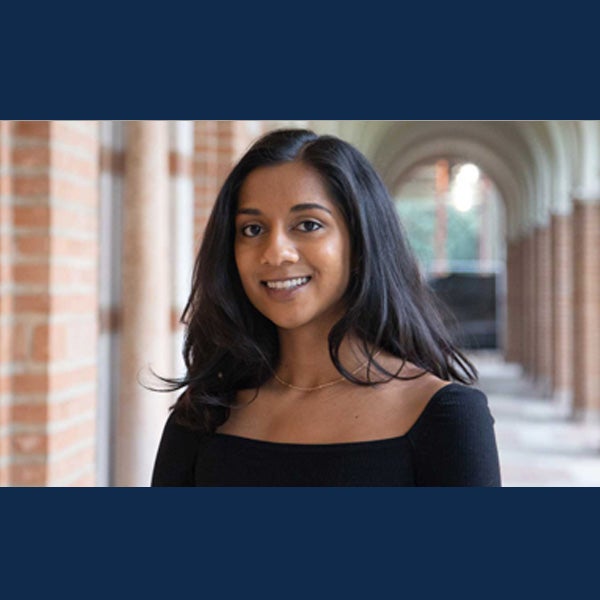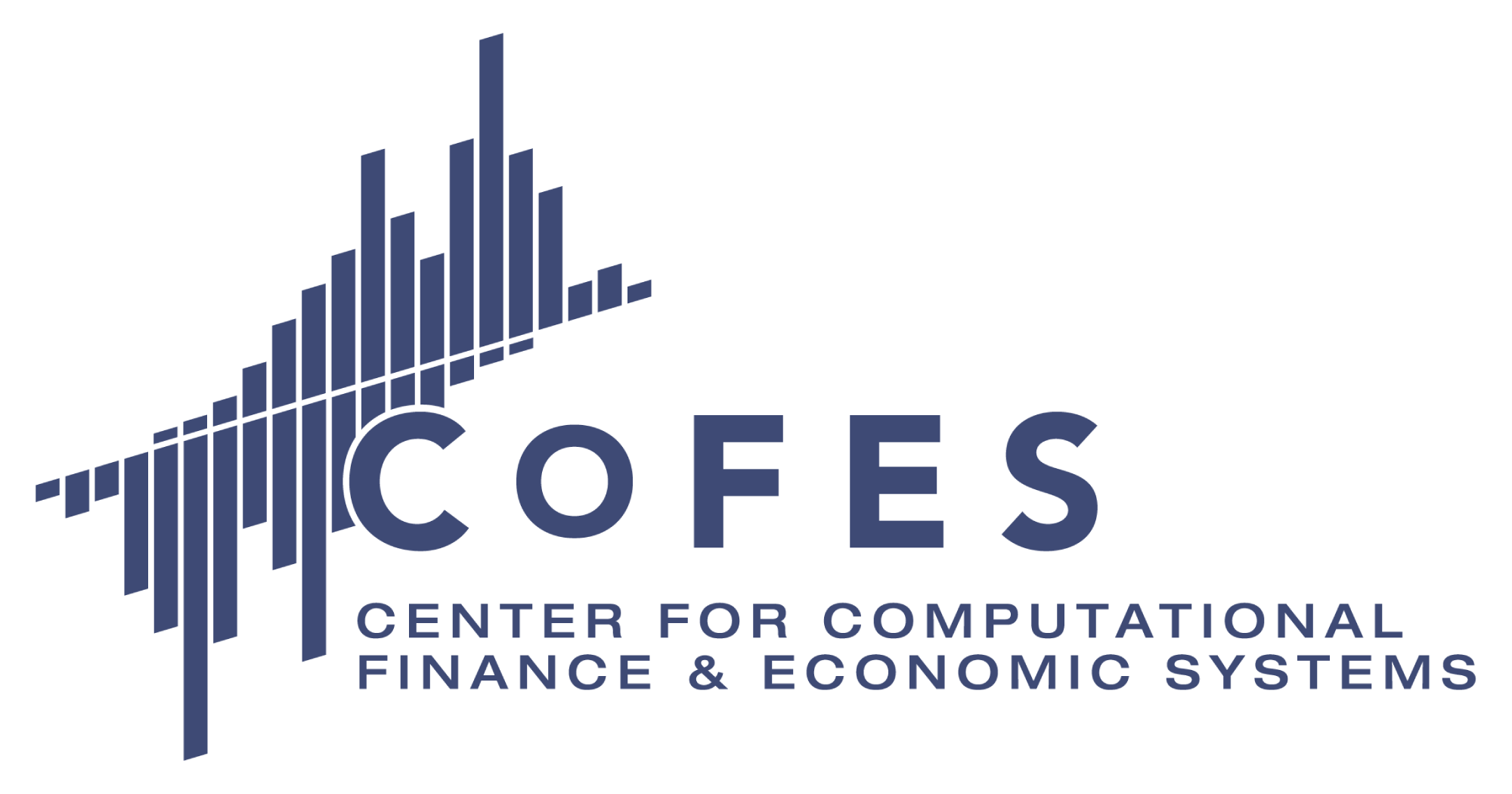While taking the course Applied Time Series and Forecasting - STAT 421, taught by Katherine Ensor, Dileka Gunawardana applied a statistical machine-learning technique called the support vector machine (SVM) to census data.
Her findings about business owners and self-employed people won first place in the 2021 International Conference on Establishment Statistics (ICES) student contest. She was invited to present her research and discuss its major components.
“Dileka has been very busy. She works hard and has a deep love of statistics. I think she will succeed at anything she does,” said Ensor, the Noah G. Harding Professor of Statistics and current president of the American Statistical Association.
“The idea behind the SVM work,” said Gunawardana, who graduated this past spring with a major in statistics, “was predicting whether small businesses were the primary income source for their owners based on basic demographic information. We had a success rate of 83 percent.”
Long before she arrived as a freshman at Rice University, Gunawardana knew she wanted to pursue statistics: “It’s a way of explaining our world that makes sense.”
She was born in Houston where her father had earned a doctorate in mechanical engineering from Rice in 1998. Her mother is a child psychiatrist at Yale New Haven Psychiatric Hospital in Connecticut.
Gunawardana collaborated on her senior capstone project with Emma Dunn, a senior in computer science and statistics, both advised by Marina Vannucci, the Noah Harding Professor of Statistics. They developed an R package to help users apply Bayesian variable selection to datasets when selecting an optimal method and prior distribution.
With another adviser, Meng Li, the Noah Harding Assistant Professor of Statistics, Gunawardana worked with researchers at Methodist Hospital. She used machine learning to identify novel ECHO parameters for accurate, more accessible cardiovascular diagnosis. “Basically, we developed algorithms to more efficiently analyze heart data,” she said, “working with ultrasound data.”
Last summer, Gunawardana worked as a business analyst intern with Capital One where she recommended structural policy changes to their programs to help delinquent customers become current on their loans.
She said, “It was a good experience. I had to consult with legal analysts and others to make sure it was feasible.”
Gunawardana is now a doctoral student in statistics at Stanford University.
“Rice has given me a solid understanding of statistical analysis, and many opportunities to use those tools,” she said. “I feel prepared to take the next step in my life and career.”
- Patrick Kurp, Science Writer, George R. Brown School of Engineering

